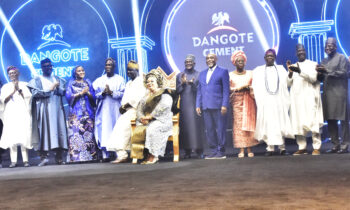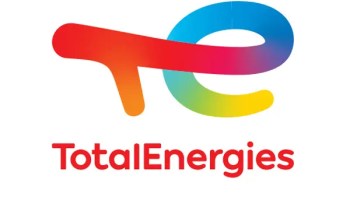…racism, discrimination put children at risk Of deprivation and exclusion
UNICEF has said Nigeria has 18.3 million children who are not in school, and a high number of children attending schools but not getting a solid education that can translate into good prospects for their future.
UNICEF also stated that discrimination against children bordering on language, religion, and ethnicity has greatly impacted their education, health, and access to government resources.
This was contained in a report the organization presented ahead of World Children’s Day marked annually every 20th of November
The reports which highlight the issues such as Rights denial explained that the impact of discrimination on children shows the extent to which racism and discrimination impact children’s education, health, access to a registered birth, and a fair and equal justice system, and highlights widespread disparities among minority and ethnic groups.
UNICEF Executive Director, Catherine Russell said, “Systemic racism and discrimination put children at risk of deprivation and exclusion that can last a lifetime. This hurts us all. Protecting the rights of every child – whoever they are, wherever they come from – is the surest way to build a more peaceful, prosperous, and just world for everyone.”
Russell said among the new findings, the report shows that children from marginalized ethnic, language and religious groups in an analysis of 22 countries lag far behind their peers in reading skills. On average, students aged 7-14 from the most advantaged group are more than twice as likely to have foundational reading skills than those from the least advantaged group.
She said Nigeria has 18.3 million children who are not in school, and a high number of children attending schools but not getting a solid education that can translate into good prospects for their future.
While this crisis affects children across the country, the UNICEF Executive Director said girls, children with disabilities, children from the poorest households, street children, and children affected by displacement or emergencies are affected more.
According to her, “Discrimination and exclusion deepen intergenerational deprivation and poverty and result in poorer health, nutrition, and learning outcomes for children, a higher likelihood of incarceration, higher rates of pregnancy among adolescent girls, and lower employment rates and earnings in adulthood.”
“On World Children’s Day and every day, every child has the right to be included, to be protected, and to have an equal chance to reach their full potential. “All of us have the power to fight discrimination against children – in our countries, our communities, our schools, our homes, and our hearts. We need to use that power.”
UNICEF Nigeria Representative, Ms Cristian Munduate said that UNICEF is supporting children and celebrating today, adding that children have rights. A right to education, health, nutrition, and to be protected in a safe environment.
Munduate pointed out that this is the concept of human rights and that we should do all our efforts to make sure that the children have what they need for healthy growth and development.
“You see children with us here today that have different capacities. And because they have different capacities. All children are the same. All children need to have the same opportunities in life. And if our children have different physical, emotional, and psychological differences, it doesn’t mean that they are different. They are just with different capabilities, but we have to provide them with the same opportunities,” she said.
Cobhams Asuquo, UNICEF Ambassador implores children to form good habits as whatever they form now is the habit that they will grow old with.
Asuquo adds that “You have the right to enjoy your childhood in a safe environment, in a system that will support their right, your dreams and education. You are never too young to care for each other, and loved ones -siblings, parents, and teachers and you have the responsibility to a better society.
The Youth Agency Marketplace, YOMA, a digital platform, is giving children and young people around the world, including the margined, the to build and transform their lives by actively engaging them in innovation challenges, social impact tasks and learning to earn opportunities.
While COVID-19 exposed deep injustices and discrimination across the world, and the impacts of climate change and conflict continue to reveal inequities in many countries, the report highlights how discrimination and exclusion have long persisted for millions of children from ethnic and minority groups and children living with disabilities, including access to immunization, water and sanitation services, and a fair justice system.
Highlights of the event include creative segments where the children made different artwork depicting images of the theme of climate change and preserving the environment such as trees, the sun and the earth capped with a football match played amongst themselves.
Anthonia obokoh





